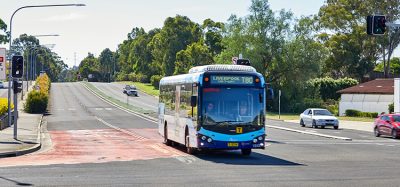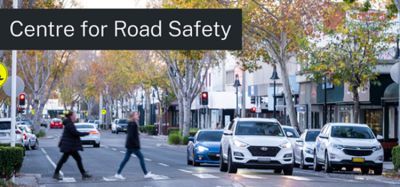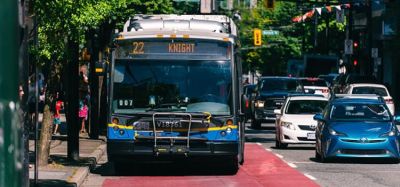The London Assembly holds the mayor to account and investigates issues that matter to Londoners
- Like
- Digg
- Del
- Tumblr
- VKontakte
- Buffer
- Love This
- Odnoklassniki
- Meneame
- Blogger
- Amazon
- Yahoo Mail
- Gmail
- AOL
- Newsvine
- HackerNews
- Evernote
- MySpace
- Mail.ru
- Viadeo
- Line
- Comments
- Yummly
- SMS
- Viber
- Telegram
- Subscribe
- Skype
- Facebook Messenger
- Kakao
- LiveJournal
- Yammer
- Edgar
- Fintel
- Mix
- Instapaper
- Copy Link
Posted: 5 July 2017 | Keith Prince AM (Rapporteur and Chair of the Transport Committee) | No comments yet
For Intelligent Transport, Keith Prince AM, Rapporteur and Chair of the Transport Committee, discusses the Transport Committee’s recent report into door-to-door transport services and what TfL must do to improve these services.
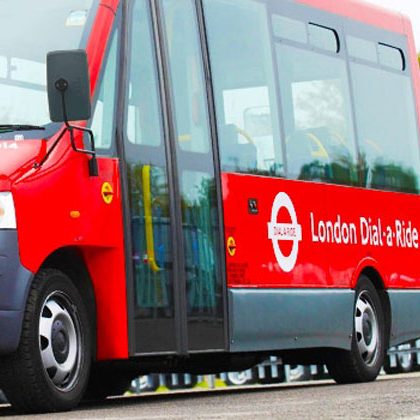

As a Londoner, I take it for granted that I can get on the bus, tube, train or tram whenever I want. London’s public transport network allows me to get to work, visit family, go to church and watch football. But, for many Londoners with mobility issues, these journeys are not possible and they need a different kind of service. door-to-door transport – Dial-a-Ride, Taxicard, Capital Call, community transport and NHS Patient Transport – gives less mobile Londoners access to public transport, and the opportunities to work and socialise that come with it.
However, as I have found out during the course of this investigation, these services are not meeting the needs of users. I have met and heard from many people who have found it difficult to book journeys, had their journey requests denied, had limits imposed on the length of their journeys, or had their vehicles arrive late or cancelled. Frankly, it’s just not good enough.
The Transport Committee has been pushing Transport for London (TfL) to improve door-to-door services for several years now, focusing on how the various services need to be integrated to improve consistency and efficiency. While I am pleased that TfL has a long-term plan for integrating services, the lack of real progress is inexcusable. TfL is really dragging its feet – and it is the people who rely so much on these services who are bearing the brunt.
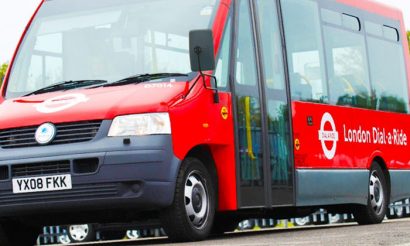

To deliver a truly user-led service, TfL has to integrate services and set up a single booking system to cover the different service providers. In time, integration will provide an opportunity to introduce personal budgets, which would allow users to take control over the journeys they make and who provides them. Funding for services would follow individuals’ choices so the system could become more efficient, leaving more resources for the high quality frontline services that people need and want. TfL needs to think carefully about how this could work. A good start would be to introduce a pilot project in a London borough. If successful, this system could be rolled out across London.
Door-to-door transport remains London’s Cinderella public transport option. We are still some distance from our vision for London’s door-to-door services, in which people get the service they need, delivered in the most straightforward way, as efficiently as possible. The introduction of personal budgets is a logical final step which would provide flexibility and independence for users who want to be in control of their travel.
I hope that TfL responds positively to this report – it needs to remember that it must provide good quality, efficient, public transport for everyone in London.
Related topics
Passenger Accessibility, Passenger Experience
Related organisations
Transport Committee




